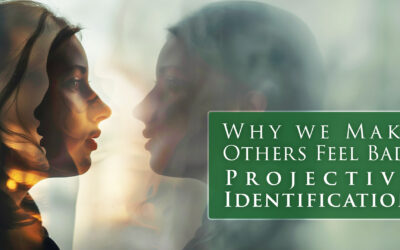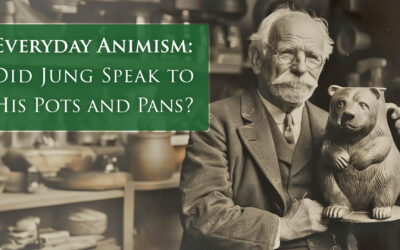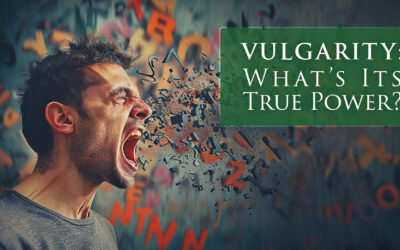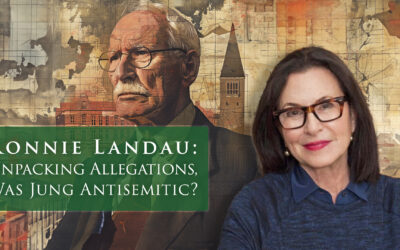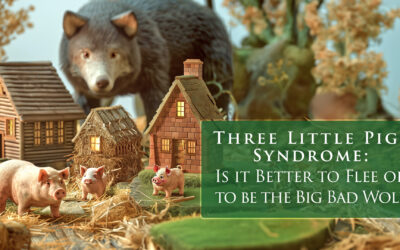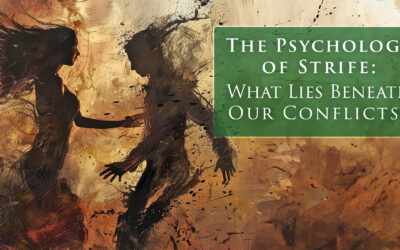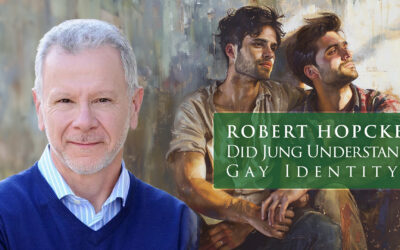OUR podcast
Subscribe to the show in your favorite application and never miss an episode!
APPLE PODCASTS | SPOTIFY | PANDORA | PLAYER FM | TUNE IN
Why We Make Others Feel Bad: understanding projective identification
Projective identification, first highlighted by Melanie Klein through observations of infant-mother interactions, is a cornerstone of psychoanalytic theory. It describes the process where an individual unconsciously projects disowned feelings, desires, or self-aspects onto another, manipulating the relational context to evoke these projected feelings or behaviors in the other, thus creating a validating feedback loop.
Everyday Animism: Did Jung speak to his pots and pans?
Jung held a fascinating belief in the soulful essence of inanimate objects. He engaged in daily greetings with his kitchenware at Bollingen Tower, expressing a unique form of animism that extended deeply into his personal and professional life. His collection of beer steins, each with its name, served not only as vessels for drink but as partners in dialogue, reflecting his practice of active imagination. This relationship with objects underscores Jung’s broader theories on the collective unconscious and synchronicity, suggesting that everything is interconnected and ensouled. His approach, echoing through the practices of figures like Marie Kondo, invites us to reconsider our relationships with the material world, hinting at a deeper, more mystical interaction with the everyday items that populate our lives.
VULGARITY: What’s Its True Power?
Our collective fascination with vulgarity, obscenity, and profanity lies in the thrill of transgression and the need to articulate the unspoken aspects of human experience. As we navigate social acceptability, the vulgar mirrors our deepest shadow and wildest laughter, a space where sacred and profane dance in the liminal light of truth and rebellion. Engaging vulgarity challenges the rigid confines of propriety.
Ronnie Landau: Unpacking Allegations, Was Jung Antisemitic?
How do we interpret and evaluate C.G. Jung’s complex legacy in light of his interactions with Jewish individuals and the allegations of antisemitism, considering the nuanced historical context in which he lived and worked?”
THREE LITTLE PIGS SYNDROME: Is it better to flee or be the big bad Wolf?
The Three Little Pigs isn’t just a children’s tale; it’s a sharp commentary on resilience, preparation, and the strategic mindset required to navigate life’s challenges. This story strips back the layers of our decision-making processes, questioning whether we opt for quick fixes or invest in durable solutions.
The Psychology of Strife: What Lies Beneath Our Conflicts?
Conflict, both inner and outer, is a fundamental part of the human experience. We engage in conflicts externally with others and internally within ourselves, reflecting the complex nature of human relationships and the psyche. Our external conflicts often mirror internal struggles, serving as manifestations of unresolved or unacknowledged inner turmoil. Recognizing the projection of our inner conflicts onto external situations can lead to deeper self-awareness and understanding.
ROBERT HOPCKE: Did Jung understand gay identity?
Jungian psychology has a fresh take on integrating the shadow and the individuation process for LGBTQ+ folks. It encourages everyone to embrace their identity to achieve authenticity and wholeness. Reinterpreting Jung’s anima and animus concepts challenges the traditional binary notions of gender and sexuality, leading to a more fluid and inclusive understanding of these concepts. Dreams and fantasies can help people understand themselves better, showing them the archaic strata of desires, conflicts, and potentials hidden within their psyche. By engaging with the collective unconscious and its archetypes, LGBTQ+ individuals can better grasp themselves, fostering a sense of belonging and connection to the broader human experience. Jungian psychology recognizes and validates the complexity and diversity of human experiences, offering a framework that acknowledges and explores the many ways LGBTQ+ identities manifest and evolve.
THE VITAL SPARK: Reclaim Your Outlaw Energies and Find Your Feminine Fire
The Vital Spark represents the true essence of an individual’s authentic self. It encompasses the dynamic qualities that drive personal growth, creativity, and self-assertion. It embodies the deep-seated energies and potentials within us that, when acknowledged and embraced, lead to a life of fuller expression, resilience, and purpose.

